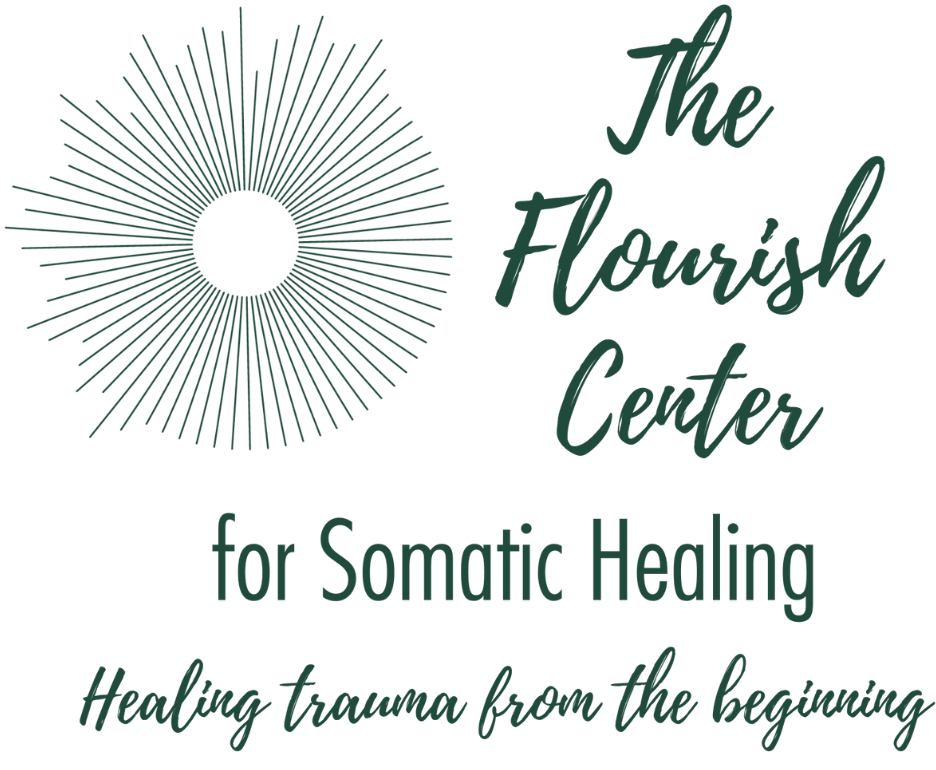Trauma significantly impacts the digestive system due to the close relationship between the brain, nervous system, and gut. This connection, often referred to as the gut-brain axis, plays a central role in how the body processes stress and trauma. When trauma occurs, it activates the body’s survival mechanisms, which can disrupt normal digestive functions in both the short and long term.
The Stress Response and Digestion
When the body experiences trauma, it often triggers the fight, flight, or freeze response, controlled by the autonomic nervous system (ANS). This response shifts energy away from “non-essential” functions like digestion to prioritize immediate survival. Here’s how trauma influences digestion:
- Sympathetic Nervous System Activation
- Trauma often causes chronic activation of the sympathetic nervous system (the “fight or flight” system).
- This suppresses digestion by reducing blood flow to the stomach and intestines, slowing the secretion of digestive enzymes, and decreasing motility (the movement of food through the digestive tract).
- Symptoms may include constipation, bloating, acid reflux, and indigestion.
- Parasympathetic Freeze Response
- Trauma can also lead to a freeze response, dominated by the dorsal vagal complex (part of the parasympathetic nervous system).
- This causes the body to shut down or “numb out,” which may slow digestion even further, leading to symptoms like sluggish digestion, constipation, or a feeling of heaviness in the stomach.
Gut-Brain Axis and Trauma
The gut-brain axis is a two-way communication system between the brain and the gastrointestinal system. Trauma disrupts this connection in several ways:
- Chronic Stress Hormones
- Trauma often leads to prolonged release of stress hormones like cortisol.
- Elevated cortisol levels can increase inflammation in the gut lining, weaken the intestinal barrier (leading to “leaky gut”), and disrupt the balance of gut bacteria (the microbiome).
- Altered Microbiome
- The gut microbiome, which supports digestion and immune function, is highly sensitive to stress. Trauma can cause an imbalance in gut bacteria (dysbiosis), potentially leading to issues like irritable bowel syndrome (IBS), food intolerances, or chronic inflammation.
- Vagus Nerve Dysregulation
- The vagus nerve, which regulates digestion, can become dysregulated after trauma.
- This dysregulation may impair gut motility, enzyme production, and the ability to properly process food.
Common Digestive Symptoms Linked to Trauma
Trauma-related digestive issues can manifest in various ways, including:
- Irritable Bowel Syndrome (IBS): Symptoms like diarrhea, constipation, bloating, and abdominal pain are common after trauma.
- Nausea and Loss of Appetite: The body may suppress hunger signals as a survival mechanism.
- Acid Reflux: Stress can lead to increased stomach acid production or impaired regulation.
- Food Sensitivities: Trauma-induced inflammation may cause sensitivities to certain foods.
- Leaky Gut Syndrome: Chronic stress and inflammation may compromise the gut lining, allowing toxins and undigested food particles to enter the bloodstream.
Long-Term Impacts
If unresolved, trauma can contribute to chronic digestive conditions such as:
- Functional gastrointestinal disorders (e.g., IBS, functional dyspepsia).
- Chronic inflammation (linked to autoimmune diseases).
- Anxiety or depression exacerbated by gut dysregulation (since the gut produces neurotransmitters like serotonin).
Healing Trauma to Support Digestion
Addressing trauma through somatic therapies, mindfulness practices, and other integrative approaches can help restore digestive health:
- Somatic Therapy
- Body-based therapies (e.g., Somatic Experiencing, trauma-informed yoga) help regulate the nervous system and improve vagus nerve function.
- These therapies encourage the body to transition from survival states into a more balanced, rest-and-digest state.
- Gut-Friendly Practices
- Eating slowly, chewing thoroughly, and avoiding stressful situations while eating can support digestion.
- Incorporating anti-inflammatory foods and probiotics can help repair the gut lining and balance the microbiome.
- Mindfulness and Relaxation
- Practices like meditation, deep breathing, and progressive muscle relaxation can activate the parasympathetic nervous system and improve digestive function.
- Therapeutic Support
- Trauma-focused therapy (e.g., EMDR, CBT) can address the root causes of stress and its physical manifestations.
Conclusion
Trauma has a profound impact on digestion, disrupting the gut-brain connection and leading to a range of physical symptoms. By addressing both the psychological and physiological effects of trauma, it’s possible to restore balance to the digestive system. Healing trauma not only improves digestion but also enhances overall well-being, allowing the body to function with greater ease and resilience.


